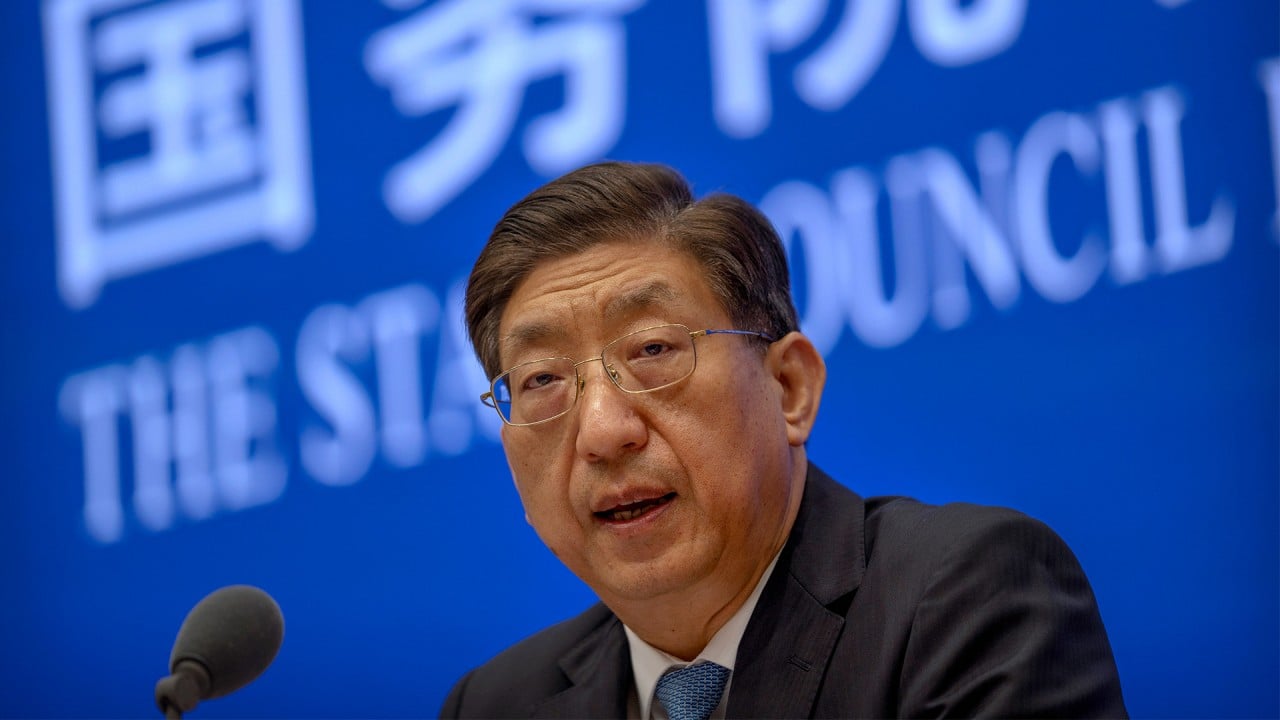
Press freedom: China may have too little but America has far too much
- Authoritarian China has to loosen its grip to allow for a freer press. In the US, however, unchecked freedom has led to a crisis of authority and undermined the fourth estate’s capacity for fair and balanced reporting
Disdainful of state power, Americans are adamant about keeping the government out of their lives. In the tech industry, for example, corporate giants such as Facebook and Google operate freely, barely impeded by regulation. Guided by the conviction that free speech is the best antidote to hate speech, these social media platforms have enforced little censorship.
But an orderly, authoritarian China is anathema to Western liberal democracies. After decades of reform, the Chinese state under President Xi Jinping is tightening the space for contested ideologies.
That said, the US press corps’ credibility as an independent, impartial critic of China has come under increased scrutiny. In America, there is a clear bipartisan consensus that Communist Party-ruled China poses imminent threats to the US. Some have depicted these threats in civilisational terms; that is, China represents radically different belief systems incompatible with Western values.
Truth be told, China’s failure is in not fitting into a theological world view where America is the shining city on a hill. And, regrettably, US mainstream media by and large have taken in this pseudo-religious conviction of America’s indisputable primacy.
A central tenet of ethical journalism is to retain an open mind and question every assumption in pursuit of the truth. As the fourth estate, the media have a vital role in providing checks and balances for the various branches of government.
In his 2002 State of the Union address, president George W. Bush’s invocation of the “axis of evil” recast America’s mission to liberate the world as a battle of good vs evil. Today, China finds itself on the wrong side of this Manichaean world view.
This binary world view is also tearing the US apart. Fractured along racial and cultural, political and religious lines, Americans are locking horns to defend their respective versions of the American way of life, in an ever more hostile conflict that the religious right is framing as a battle between the forces of light and darkness.
How long can the Democrats hold back America’s far-right tide?
Unfortunately, the US media has also become entangled in this cultural war, as liberal and conservative cable news networks battle it out, denouncing each other for propagating un-American values. Facebook, for example, is accused of complicity in the January 6 storming of the Capitol, among other allegations.
Unlike China, where the battle lines are drawn between the state and media, in the US, a civil war has broken out within the ranks, as news agencies and media corporations turn on one another. A fractured fourth estate is another sign of a fragile democracy in danger of failing.
Authoritarian China has to loosen its grip to allow for a freer press. In America, however, unchecked freedom has led to a crisis of authority and undermined the fourth estate’s capacity for fair and balanced reporting.
US media must find a way out of its internal strife and regain the impartiality needed to heal the polarised republic. More importantly, American journalism must reject the binary world view that denigrates other civilisation powers such as China. Failure to do so will risk repeating the Iraq war mistake and, this time, the consequences could be far more tragic.
Peter T.C. Chang is deputy director of the Institute of China Studies, University of Malaya, Kuala Lumpur, Malaysia




